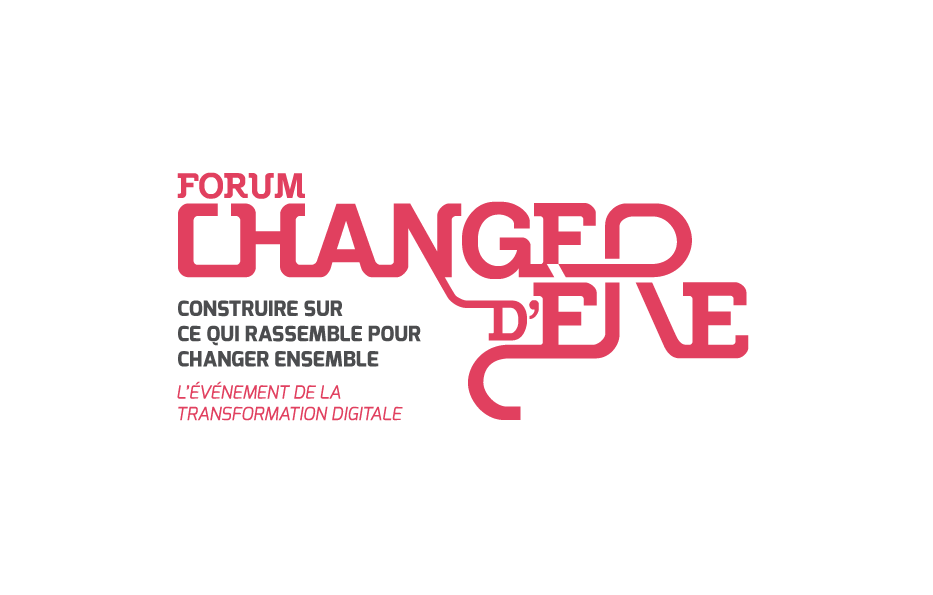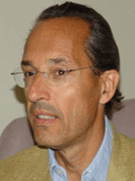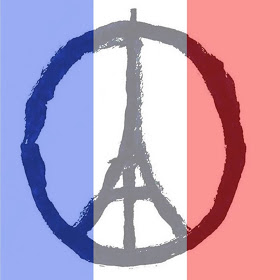Jacques Collin: Our university is the world-training center of Cap Gemini Ernst & Young (CGE & Y). It aims at developing a culture that includes learning, sharing of knowledge and know-how, through all the international programmes accessible to the group various populations.
The university’s message to its students is strong: they are there » to learn how to act, make, and not only to have knowledge ». Know-how is as significant as knowledge. Indeed, we give greater importance to active learning. Our purpose is to help our collaborators, managers or experts, to quickly acquire knowledge, but also methods and practices that they will be able to use to solve a problem raised by a customer or to elaborate new products or new solutions.
In addition to this ‘practical’ answer, we’ve tried to develop a state of mind, a learning culture, so that our collaborators don’t stop seeking new ideas, new methods and techniques.
Learning is based on individuals. Teachers, experts or » facilitators of knowledge » organize exchanges between the members of the learning community, joined together to attend a university lecture. That partly explains our success and, undoubtedly, our difference.
JC: Knowledge, methods and practices represent our principal assets, together with the individuals. This problem of » virtual capital » is at the heart of our concerns and our strategic stakes, in terms of growth, productivity and aptitude to manage or develop the group’s talents.
To use its virtual capital efficiently, the CGE&Y multicultural company identifies interesting information to make it circulate and to make sure that the whole group is provided with the tools giving access to knowledge.
To defend the idea that learning is a continuous function (we never stop learning) is an innovation- booster attitude.
JC: In our complex organizations where know-how is increasingly integrated, communication is a key element. From now on, individuals are judged – and rewarded – on their contribution to the organizations they belong to and on the added value that they have generated. This added value depends on whether they manage to identify new practices and the good contributors, who will be able to help them integrate new elements of knowledge.
For many years, our company’s organization has been centred on the management of customer-based projects. During these projects, team-members are encouraged to share their know-how and to take advantage of the others’ experience while making their own contribution. For example, a documentation made up subsequently to the project, which lists the great stages and describes the encountered problems and their solutions, is put at the disposal of the team-members and of their units of origin (division, area, country… depending on the project’s scope).
JC: We use management tools of knowledge that are based on electronic supports, or specialized communication networks. We’ve created « a knowledge portal(1) » on the group’s Intranet.
Nowadays, we are increasingly overwhelmed with information. It is more and more difficult to find relevant information for the right interlocutor. We are counting much on the flexibility offered by new technologies -and especially on the knowledge portal- to find it.
Last year, we launched successfully » Guru Schools « , a programme intended to help any consultant (in technical and industrial fields) to improve his/her efficiency in « catching » this know-how and developing it. Thanks to Guru Schools, these experts quickly acquire competences to formalize and crystallize their know-how to finally pass it on. We’ve realized, for example, that bringing together experts and recruiting communication advisers and media specialists was not enough. It is essential to integrate people likely to detect, in exchanges between the members, enriching and interesting ideas. These people should be able to transmit these ideas by writing some words, drawing diagrams… that clarify the ideas, provoke reactions and make it possible to better understand the evolution of this brainstorming.
The university calls on « knowledge specialists » to shift rough elements (experts’ opinions on technical matters for example) into elements of tradable » knowledge » with his/her audience, by using images and words. Indeed, knowledge, out of its context, is not very useful. That’s why we think that a complete work on « the packaging of knowledge » is necessary.
A few minutes after the end of the meeting, all the documents that were presented, or prepared during the meeting, are put at the members’ disposal.
These new techniques, which we use carefully in our university, have been hugely successful.
If, like me, you are » a worker of knowledge « , i.e. a person handling 95% of virtual signs, I think that this capacity to detect, integrate, develop various elements of knowledge is extremely precious. The creativity is born from the association of two elements, which are often very different. In a speedy and complex world, it is essential to make analogies rather than only reason. This capacity of expressing, creating and crystallizing ideas is definitely born from this intellectual curiosity. Thanks to these techniques, it will be possible to manage virtual economy, which will include a great part of today’s economy in a near future.
Capitalization of Knowledge in the CAP GEMINI ERNST & YOUNG company
Comments 0
- Les Di@logues Strategiques on 2 mai 2010 inLes Di@logues Strategiques
Non classé
(Les Di@logues Stratégiques® N°21 – 10/01)
« In our complex organizations where know-how is increasingly integrated, communication is a key element. From now on, individuals are judged – and rewarded – on their contribution to the organizations they belong to and on the added value that they have generated. This added value depends on whether they manage to identify new practices and the good contributors, who will be able to help them integrate new elements of knowledge ». Jacques Collin*, the Cap Gemini University President.
Véronique Anger: Which are the principal missions of Cap Gemini Université?
VA: What are the stakes of » intellectual capital » for Cap Gemini Ernst & Young?
VA: Individuals are not used to « giving » their knowledge. How do you encourage them?
VA: Which tools, technologies or innovative methods do you use?
(1) or « gate of knowledge ».
*Jacques Collin is the president of Cap Geminy University, which is the world-training centre of Cap Gemini Ernst & Young (CGE&Y). CGE&Y, with units in 30 countries, is the Number One European consultant in management and data processing- and one of the world’s leaders. For further information about Continous Development



